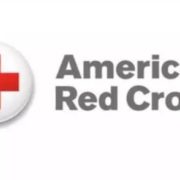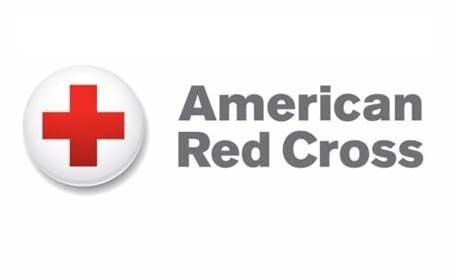Keep Safety In Mind When Decorating This Holiday Season
Some folks have had their homes – inside and out – decorated for weeks, and others have taken a slower approach to decking the halls to create a festive Christmas look.
No matter how far along you are in your holiday decorating, however, the American Red Cross has some timely reminders about safety this time of year.
“Many people are getting ready for holiday celebrations and time with loved ones and we want everyone to be safe while doing so,” said Sharonne Hayes, communications manager with Red Cross North Carolina Region. “This time of year is a peak time for home fires involving things like candles and holiday decorations. You can help help keep things safe and fun for your family by practicing some extra safety — using battery-operated candles, checking your cords, and even practicing a two-minute escape plan with everyone in your household.”
Here are a few tips to keep in mind as Christmas and New Year’s approach:
- If you must use candles, keep them away from anything that could burn, and place them out of reach of pets and children. Never leave burning candles unattended.
- Check all holiday light cords to ensure they aren’t frayed or broken. Don’t string too many strands of lights together — no more than three per extension cord.
- Ensure outside decorations are for outdoor use and fasten lights securely to your home or trees. If using hooks or nails outside, make sure they are insulated to avoid an electrocution or fire hazard.
- If buying an artificial tree, look for a fire-resistant label.When putting it up, keep it away from fireplaces, radiators and other sources of heat. Never use electric lights on metallic trees.
- If getting a live tree, make sure it’s fresh and keep it watered. To test if the tree is fresh, bend the needles up and down to make sure no needles fall off.
- Don’t light the fireplace if hanging stockings or other decorations on the mantel.
Visit redcross.org/fire to learn more.


